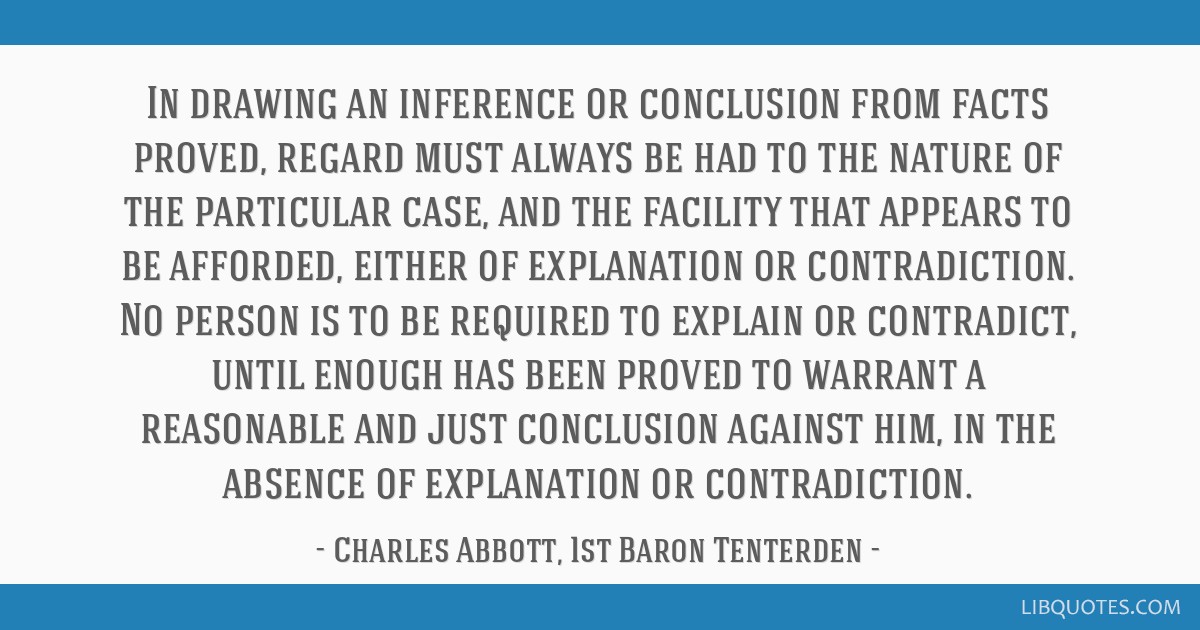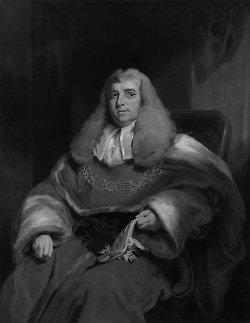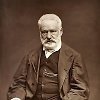In drawing an inference or conclusion from facts proved, regard must always be had to the nature of the particular case, and the facility that appears to be afforded, either of explanation or contradiction. No person is to be required to explain or contradict, until enough has been proved to warrant a reasonable and just conclusion against him, in the absence of explanation or contradiction.
King v. Burdett (1820), 1 St. Tr. (N. S.) 140.























